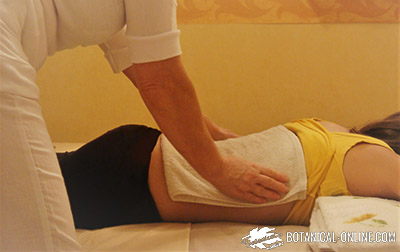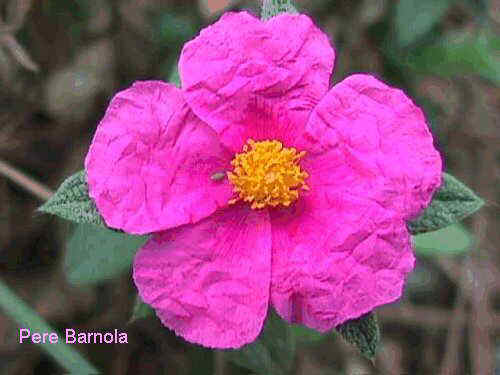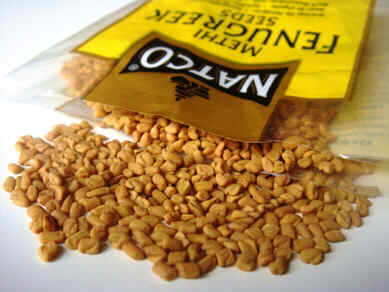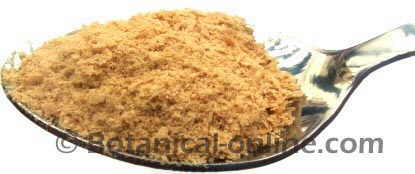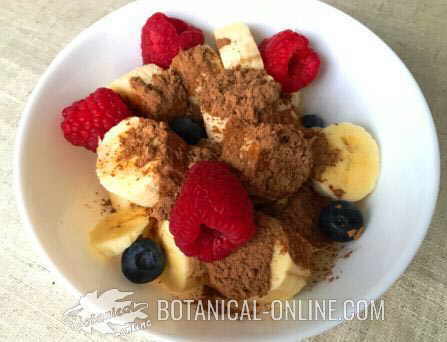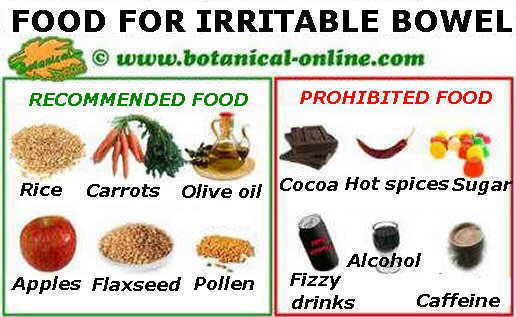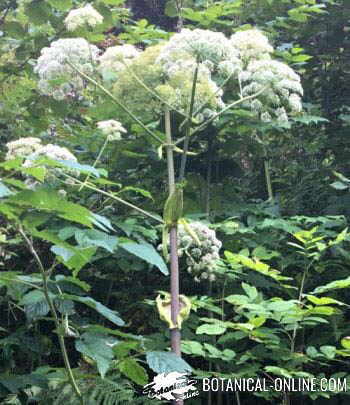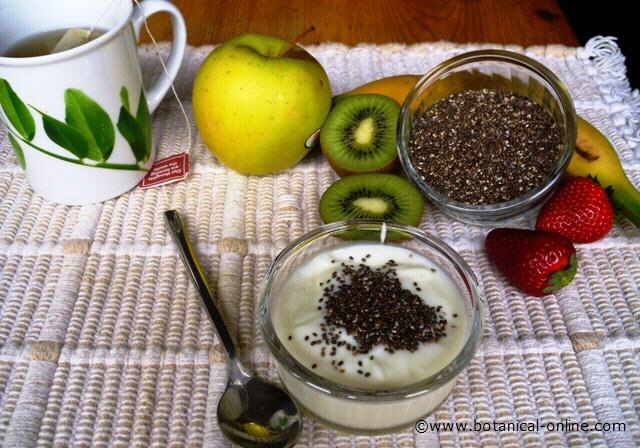Contents
Medicinal plant preparations with blackberries
Easy remedies for sores and skin wounds.
We call vulneraries those remedies that are able to heal wounds. The leaves and young stems of blackberries are among the best vulnerary because they serve to remedy the sores and skin wounds.
Blackberry is one of the most recognized vulnerary plants. (Other recognized plants with vulnerary properties are: arnica, calendula, cabbage, strawberries, St. John’s wort, lemon, plantain, marshmallow, chamomile, lemon balm, yarrow, walnut, olive, parsley, rosemary, rose, sage, thyme, or carrots.) (See properties of these plants)
The main vulnerary components of blackberries are ascorbic acid, chlorogenic acid and neo-chlorogenic acid.
The vulnerary properties of brambles
Besides these properties we must not forget its high content of antibacterial components that help eliminate microorganisms in wounds. Among the bactericidal components we have ascorbic acid or vitamin C, chlorogenic acid, ferulic acid, malic acid, arbutin, hydroquinone and tannins.
We must not forget that tannins, for its astringent properties, also have the ability to remove excess fluid in the wounds and help dry them. Finally, we must not omit the antiinflammatory properties of some components (Stigmasterol and ascorbic, chlorogenic, ferulic and ursolic acids) that help reduce swelling that occurs in many of the wounds.
These combined properties make this plant a good ally to treat external wounds such as shown in some of the following medicines:
Internal use of blackberry leaves
- Diarrhea: Blackberries leaves have astringent properties, ideal to cure diarrhea. hydroquinones provide them these properties. A good remedy to cut loose stools is to make a decoction of 5 or 6 tablespoons of wellcrushed blackberry leaves in a liter of water and let it simmer until the mixture drops to 50%. Let it cool and drink all this liquid in small spoonfuls over all day.
- Diabetes: Ursolic acid and ascorbic acid confer blackberry antidiabetic properties. (Decoction of 4 teaspoons of dried leaves per liter of water. Taking a couple of glasses a day)
- Intestinal inflammation: If intestinal inflammation, caused by bacteria, parasites or ingestion of some irritant, with bellyache and abundant stools, even with blood, the antiinflammatory and antibacterial properties of acids help fight inflammation and eliminate intestinal irritation. (Decoction of 4 teaspoons of dried leaves per liter of water. Take 3 cups a day)
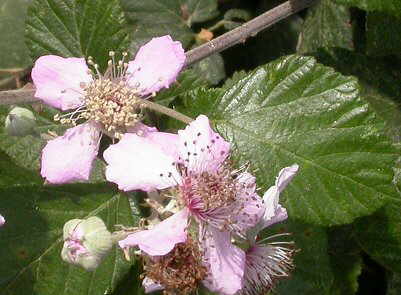
A detail of blackberry flowers and leaves
External use of blackberry leaves
The leaves of the brambles in external use can be considered very good vulnerary remedies, that’s to say, they have the ability to heal injuries. Their richness in ascorbic acid and chlorogenic acid give this property that can be used for external injuries including:
- Skin lessons: The liquid from the decoction of a handful of leaves in a liter of water for 10 minutes helps heal external sores of the skin, in legs, hands or other external body parts, fighting pus. (Apply the liquid on the ulcer) This treatment is equally valid for the treatment of sore feet, especially especially purulent character. (Apply a pad impregnated with the liquid from the decoction on foot ulcers)
- Sores on the mouth: Especially useful are made with dried leaves decoctions for treating canker sores. (Boil a handful of leaves in a quart of water until it stays in half the original volume. Allow to cool and make gargling with liquid)
- Sore throat: The antiseptic properties of acids and arbutin, combined with the astringent properties that its high content of tannins provides, can be used to combat the sore throat. (Decoction of two teaspoons of dried leaves per liter of water for 10 minutes. Perform gargling with the liquid from this decoction)
- Together with mallow and calendula, blackberry increases vulnerary properties in the treatment of boils (Make a poultice with the leaves of the three plants and apply on the boil)
- Inflammation of the tongue: Gargles made with the liquid from a decoction of a handful of dried leaves per liter of water will help reduce the swelling of the tongue, an anomaly that is medically known as glossitis.
- Inflammation of the larynx: Also gargling with the decoction of dried leaves are ideal for the treatment of inflammation of the larynx (laryngitis), are of a temporary nature or chronic.
- Gums: For gum problems, especially with weak or inflamed gums (gingivitis) we can use the tender shoots of the bushes to fortify the gums. (Cut a tender bud, chew it and remove the juice against the gums)
- Hemorrhoids: These properties can be used for external treatment of hemorrhoids. Washes performed with the decoction of a handful of dried leaves per liter of water will help reduce hemorrhoids itching and will diminish their swelling. The astringency of the dried leaves is also useful to stop anal bleeding that may occur by piles or other reason
![]() More information on blackberries
More information on blackberries

